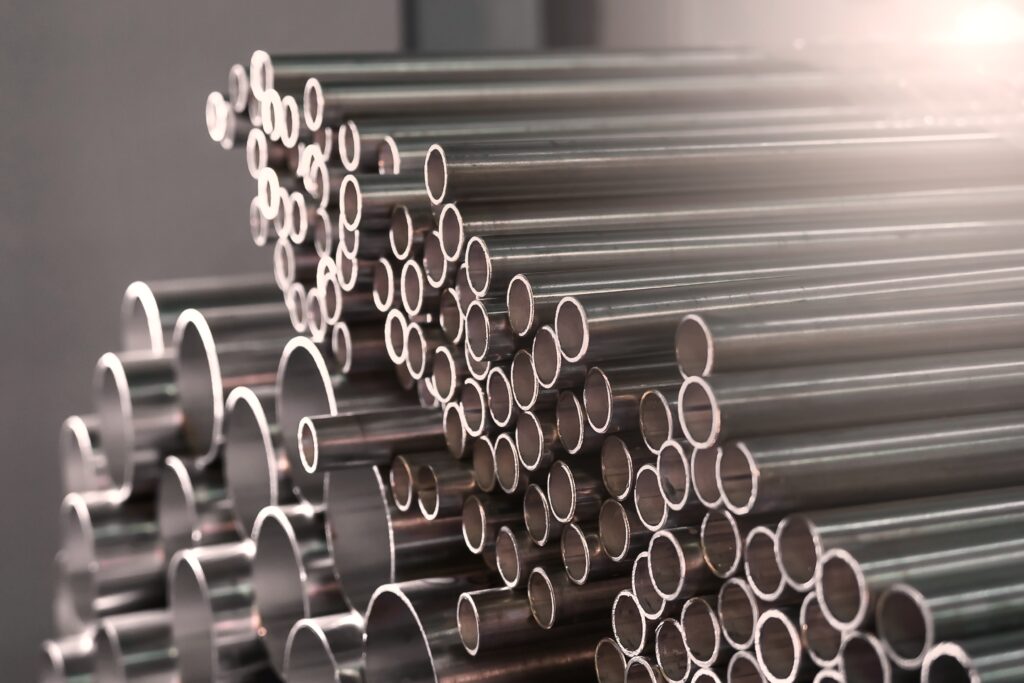However, the availability of scrap continues to be impacted by ongoing weakness in industrial and manufacturing activities across the region.
The report showed the “substantial increase” in net imports of stainless scrap from third countries into the European Union, marking a surge of 50% during the initial two months of this year compared to the same period in 2023.
Despite efforts to secure price increases by holders of scrap material, the study highlighted that European crude stainless production has been hampered by major strikes, resulting in limited gains in scrap prices. It explained that this scenario persists even as nickel prices on the London Metal Exchange (LME) remain elevated.
Figures published by worldstainless reveal a decline of more than 6% in European crude stainless steel output last year, totalling 5.9 million tonnes. It highlighted that this decline occurred despite the usual seasonal improvement observed in the fourth quarter.
East Asia
On a global scale, however, stainless steel production saw a year-on-year increase of 4.6% in 2023, reaching over 58.4 million tonnes, with China contributing nearly 36.7 million tonnes.
The BIR report highlighted that in China demand for stainless steel end products has shown fluctuations from month to month, with exports of stainless-steel coils witnessing an uptick of around 10% year-on-year in the first quarter of 2024, amounting to approximately 1.06 million tonnes.
Meanwhile, according to the BIR, Taiwanese mills have experienced weakened demand for stainless steel scrap in the first quarter, as imports of hot coil have reverted to levels seen in 2023, averaging around 75,000 tonnes per month.
In South Korea, while stainless scrap demand remained stable initially, the BIR has highlighted that several furnaces have scheduled annual maintenance for the second quarter, leading to a significant reduction in demand for scrap cargoes from overseas.
On the other hand, the BIR report stated Japanese stainless scrap demand for domestic use has been on the rise, resulting in a decrease in exports.
India
In India, steel mills are actively replenishing their low raw material inventories and have begun booking scrap cargoes in recent weeks. According to the BIR, this trend is further supported by the implementation of Bureau of Indian Standards certification for ferro-nickel, which is anticipated to boost stainless steel scrap imports temporarily.
In the realm of investments, Jindal Stainless, an India-based company, has announced an investment of $650 million (US). This includes a joint venture to develop and operate a stainless-steel melt shop in Indonesia with an annual production capacity of 1.2 million tonnes, as well as a structured indirect acquisition deal to obtain a 54% equity stake in Chromeni Steels Private, which owns a cold rolling mill in Mundra.
Investment
Additionally, the study from the BIR has revealed that UAE-based Green Metal Industries has unveiled plans for a $100 million (US) investment in constructing a plant in Kezad, Abu Dhabi. The facility aims to “enhance regional innovation, economic growth, and employment opportunities by specialising in producing premium materials, including various alloy grades and stainless steel”.
Amidst these developments, the BIR explained that demand for superalloy scrap “remains robust”, primarily driven by the aerospace sector’s efforts to mitigate ongoing supply chain disruptions. However, oversupply has led to a decline in cobalt prices.
It also highlighted that persistent transportation disruptions, stemming from the Red Sea crisis and vessel rerouting around Africa, have resulted in longer shipping times and increased costs. Insurance premiums for vessels navigating through the Red Sea en-route to the Suez Canal have also surged by 250%.












Subscribe for free